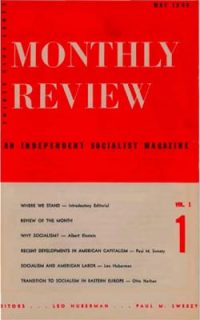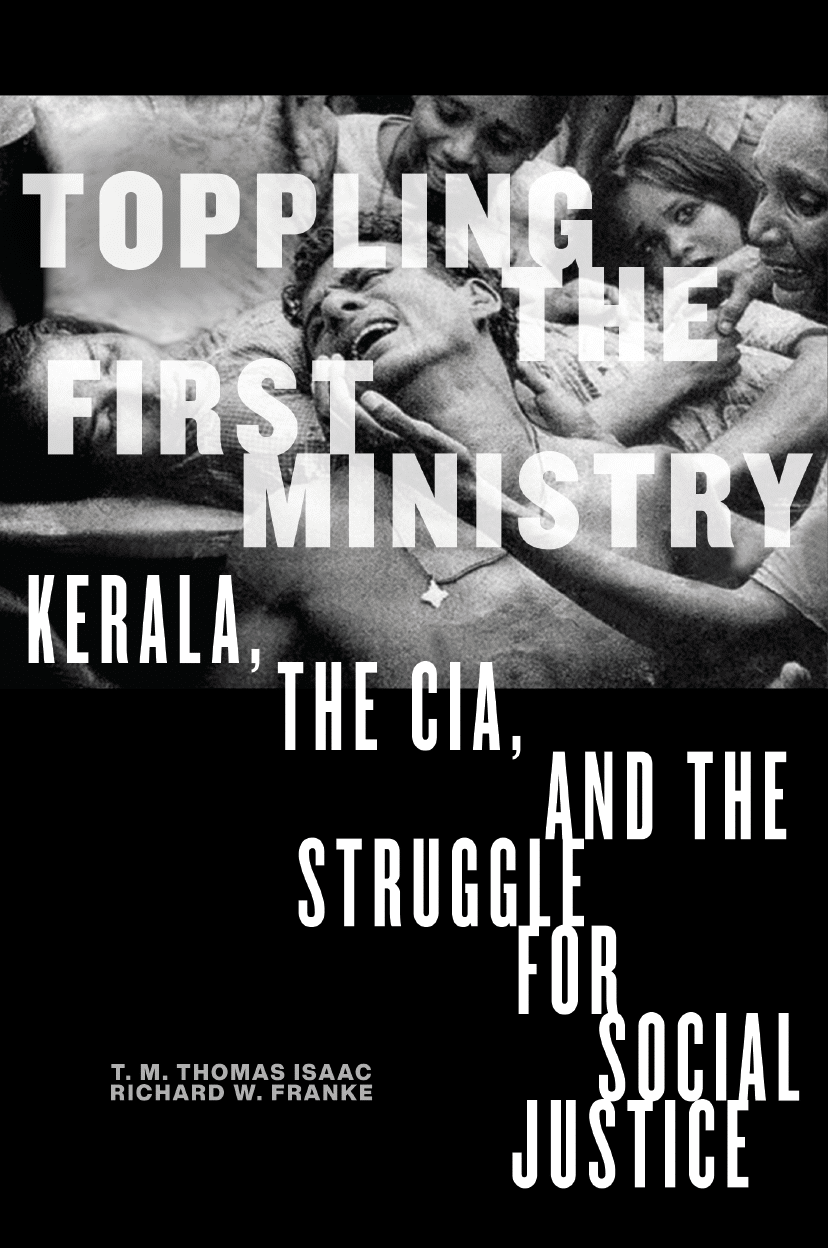Toppling the First Ministry: Kerala, the CIA, and the Struggle for Social Justice
$29.00 – $89.00Price range: $29.00 through $89.00
Toppling the First Ministry tells the story of the CIA’s covert operations against India’s first Communist ministry. When Kerala, the south-west Indian coastal province, established its first Communist ministry in 1957, it immediately drew up a development schema rooted in plans to redistribute land and provide public education and healthcare to all. But as quickly as it began executing its vision, Kerala’s efforts were disrupted by anti-communist agitation that succeeded in toppling the ministry with the help of the CIA. To this day, the CIA has not claimed any direct role in toppling Kerala’s government.
Kerala is not alone. From Guatemala to Iran to the Congo to Brazil, to Indonesia and beyond, the CIA put up the financing to generate street mobs, groomed thuggish political bosses to do the CIA’s bidding, organized private armies that answered to the CIA, bought and controlled media and individuals, assassinated popular leaders, and toppled elected ministries in an effort to maintain or establish U.S. control of the political and economic systems. One could see the story of Kerala as just one more tragic example of the CIA’s successful efforts to manipulate the course of history and disrupt everyday life in countless emerging post-colonial nations following WWII. And yet, Kerala stands apart as an exceptional case, remarkable for what it managed to achieve: a redistributive strategy of development and consequent high quality of life for its ordinary citizens, initially at a relatively low level of economic growth. Since then, bolstered by subsequent intermittent left-led governments, Kerala`s democratic development alternative has continued to flourish.
Drawing upon the recent revelation of thousands of pages of documents via the Freedom of Information Act, Isaac and Franke offer a detailed examination of the internal workings of the CIA and its local Kerala allies in subverting and ultimately overthrowing the newly elected ministry. They also show how, against all odds, Kerala continues to be a stronghold of the left in India and even across the globe.
Richard W. Franke is an anthropologist and professor emeritus at Montclair State University who has focused his research and writing on causes and implications of inequality in development in Indonesia, the African Sahel, and the Indian State of Kerala.
T.M. Thomas Isaac is a communist leader, two-time finance minister in Government of Kerala, and an academic focused on development alternatives, democratic decentralisation, cooperatives and public finance.
Publication Date: 7/5/25
Number of Pages: 288
Paperback ISBN: 978-1-68590-107-3
Cloth ISBN: 978-1-68590-108-0
eBook ISBN: 978-1-68590-109-7
Related products
-
![Monthly Review Volume 2, Number 3 (July 1950) [PDF]](https://monthlyreview.org/wp-content/uploads/2015/09/Monthly Review Volume 2, Number 3 (July 1950) [PDF].jpg)
Monthly Review Volume 2, Number 3 (July 1950) [PDF]
$10.00 Add to cart -
![Monthly Review Volume 1, Number 6 (October 1949) [PDF]](https://monthlyreview.org/wp-content/uploads/2015/09/Monthly Review Volume 1, Number 6 (October 1949) [PDF].jpg)
Monthly Review Volume 1, Number 6 (October 1949) [PDF]
$10.00 Add to cart -
![Monthly Review Volume 1, Number 4 (August 1949) [PDF]](https://monthlyreview.org/wp-content/uploads/2015/09/Monthly Review Volume 1, Number 4 (August 1949) [PDF].jpg)
Monthly Review Volume 1, Number 4 (August 1949) [PDF]
$10.00 Add to cart -
![Monthly Review Volume 1, Number 2 (June 1949) [PDF]](https://monthlyreview.org/wp-content/uploads/2015/09/Monthly Review Volume 1, Number 2 (June 1949) [PDF].jpg)
Monthly Review Volume 1, Number 2 (June 1949) [PDF]
$10.00 Add to cart -

Monthly Review Volume 1, Number 1 (May 1949) [PDF]
$10.00 Add to cart -

Man’s Worldly Goods: The Story of the Wealth of Nations
$17.00 – $20.00Price range: $17.00 through $20.00 Select options This product has multiple variants. The options may be chosen on the product page
